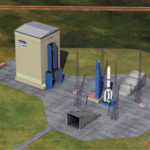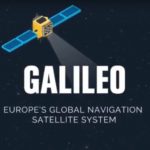By Elżbieta Bieńkowska*:
The European Union successfully launched on 25 July four new satellites for the navigation system Galileo. This will help it provide a more precise signal and is the next step in making Galileo the world’s best satellite navigation system by 2020.
But why should you care about what happens up there in space? Part of the answer is in the palm of your hands. Thanks to Galileo, the maps on your smartphone will be able tell you where you are with 20cm accuracy. That’s better than GPS. The economy is responding: about 75 million Galileo-enabled mobile phones were sold last year alone. Read more…





